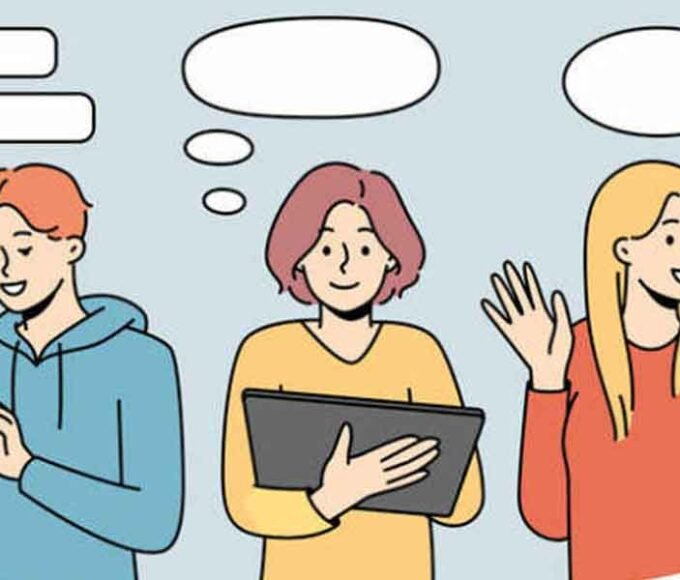The 12 step program can help people with addiction get the help they need to become drug-free. Accepting powerlessness over addiction leads to recognizing the need for outside assistance. While the 12 steps are designed to help people quit and abstain from addictive substances, it doesn’t always work for everyone. Some people struggle with one or more steps, which can make it difficult to enjoy the program.
Why You Might Struggle With the 12 Steps
There are several reasons why any of the 12 steps to addiction rehabilitation could fail. Understanding the reason you are having trouble with a certain stage is necessary to decide what to do next. Some individuals encounter difficulties with the program because they hold different religious beliefs. Others are reluctant to provide personal information in front of strangers or don’t feel at ease in group settings. It can be hard to overcome addiction due to fear of judgment.
In some cases, the challenges stem from ignoring underlying issues or a dislike for the structure of the meetings. Safety can also become an issue if the meetings are in neighborhoods with a negative reputation. Some people cannot drive to the meetings due to personal circumstances. Identifying the reason you struggle with a particular step can help you determine the solution. If location is an issue, online meetings can provide a reliable alternative for continuing with the program.
What To Do When Struggling With the Program
Struggling with a step in the 12 step program is normal, especially if you’re fresh from addiction. The first thing to do is determine the step you’re struggling with. If you need help to determine which step is problematic, speak to a sponsor. Addiction recovery programs like AA often involve a sponsor/mentor. The sponsor provides tried and proven advice to apply to your situation. Here’s what to do when struggling with the 12 step program:
1. Talk to Someone
Speaking to a sponsor, friend, or professional can help you overcome challenges in your recovery program. Talking to your personal sponsor is one option. You can also approach someone else in the groups you attend. Your addiction doctor, family, and friends can also offer helpful insights and encouragement. Opening up about your struggles is the best approach. It allows you to get the support of others who might have experienced the same challenges. The goal is to determine if you can find ways past the struggles or need alternative approaches.
2. Consider Alternative Programs
The 12 step program is one of many options available when looking to recover from alcohol and substance addiction. Consider alternative approaches if the program isn’t working because you can’t get beyond a particular step. Popular options include:
- Self-Management and Recovery Training (SMART)
- Secular Organizations for Sobriety (SOS)
- Women for Sobriety
- Moderation Management
These programs offer peer support, with unique formats that can aid in conquering obstacles not addressed by the 12 step program.
3. Seek Comprehensive Treatment
The 12 step program is designed to complement comprehensive addiction treatment. Some people attend meetings for a lifetime, even after completing their addiction treatment. Focus on receiving thorough addiction therapy if you are having difficulties with a program step. You can resume the program later after completing other programs. A rehab facility can offer extensive treatment plans. These plans include inpatient/residential, outpatient, or partial hospitalization.
- Inpatient/Residential Treatment: Involves living at the rehab facility for a few days, weeks, or months.
- Outpatient Treatment: These are less intrusive. They enable you to maintain your independence while attending rehab from outside.
- PHP Treatment: Involves spending days and nights in the facility with outside visits in the evenings and weekends.
Getting Help With Addiction Recovery
The 12 step program adopts AA’s unique steps for alcohol addiction recovery. It adapts them to fit other addictions like heroin, opioids, and prescription medications. Most 12 step programs are structured to fit the addiction to heroin, narcotics, prescription opioids, and more.
Before considering the 12 steps, seek to solve addiction at the roots. You can find websites that focus on treating the reasons for addiction to establish a solid foundation for recovery. Tackling addiction at the roots can help you avoid relapsing and endless treatment programs. Find programs that focus on comprehensive education and medical treatment for health issues. You can also explore self-treatment options, communities, local meet-ups, clinics, and more.
















